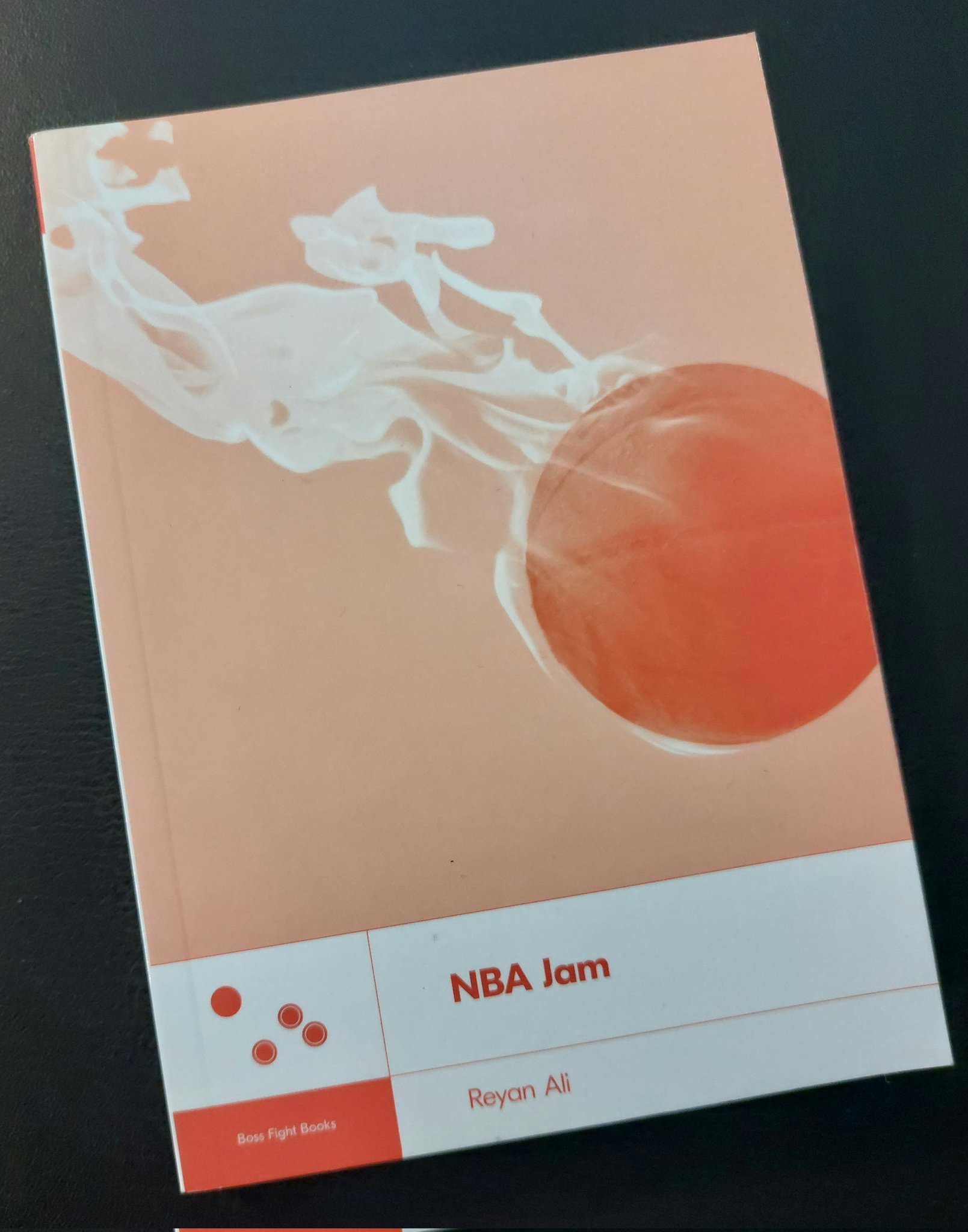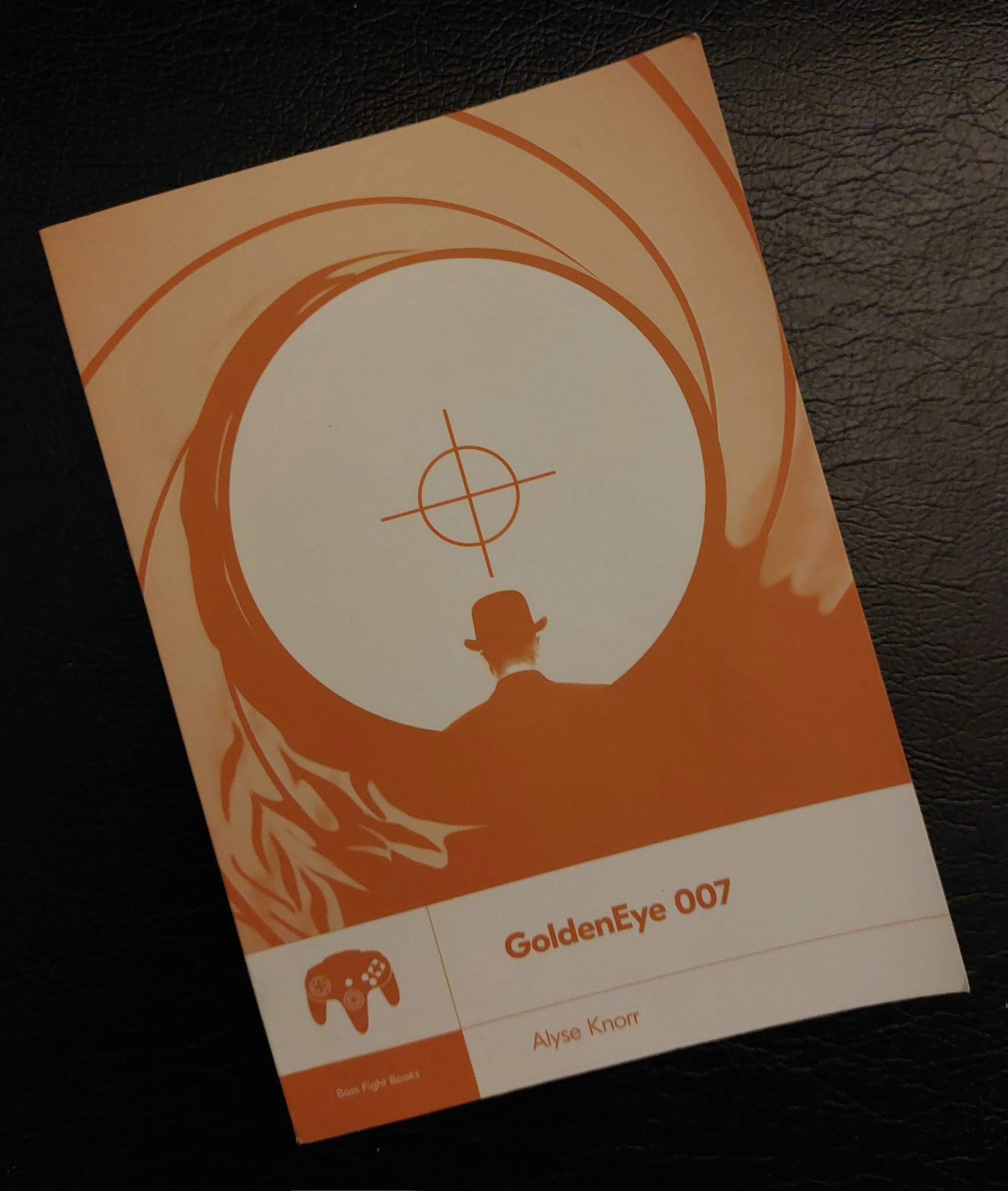
I read this over the past week. It’s by Douglas Wolk, who has (supposedly) read every single comic Marvel has ever produced, up until around 2019 – some 27,000 comics – and then written a book about them.
Well, some of them.
I would charitably describe it as a well-meaning attempt to offer some potential entry points into the larger Marvel comics saga for a newcomer (someone who might have come to the comics from the movies, say) and to provide a big-picture perspective on the entire publishing history of Marvel comics.
But I was quite disappointed in it for its lack of any real analysis or insights into Marvel and its rich history.
Partly that’s because of the way the book is structured. Rather than try and look at the history of Marvel in some kind of logical order or natural progression, the book is largely made up of single, scattershot chapters, each of which is focused on a given character or title (so the FF, the X-Men, Black Panther, Thor, Spider-Man etc.).
Which would be fine if you were going to use this approach to cover all of the major building blocks of Marvel comics – but the book doesn’t even try to be as comprehensive as that (there are maybe only nine or ten of these chapters in total), and it doesn’t really provide much in the way of original analysis or insight into these characters – and certainly doesn’t try to situate them in any kind of historical or social context.
Instead, each chapter provides lots of short plot-summaries of what Wolk deems to be the most important individual issues for each subject, giving a rough overall shape of the historical story cycle for each of these characters or titles, but little more than that.
And to be honest, these analyses are the kind of thing that any semi-informed fan of Marvel books could churn out – the kind of commentary that you’ve probably read on messageboards for years (apparently the Lee-Kirby FF is really good and full of ideas, Simonson’s Thor is the best run on the character and features some angular, muscular artwork, and the X-Men are a mutant soap opera that can also act as a metaphor for oppressed minorities! Who knew?).
And Wolk also doesn’t ever really connect the dots of how all of these stories coalesce into a larger tapestry, which seems to miss the point of the entire exercise.
Another problem is that unfortunately, the roster of characters chosen to be the focus of these chapters is pretty idiosyncratic, partly driven by what seems to be a desire to talk about how well – or not – Marvel’s publishing history aligns with modern ideas about equality and representation (which leads to some major omissions as well as an unusual amount of time spent talking about fairly minor aspects of the overall Marvel story), and also partly driven by Wolk’s personal favourite eras of Marvel, which means that certain decades – like the ’70s or ’00s – are glossed over with minimal examination.
Don’t get me wrong, some of the content is interesting and worthwhile, but it all smacks of the book being a selection of personal pet topics rather than a genuine attempt to provide an overview of all the comics Marvel has published.
Obviously decisions like this are always going to be subjective to a degree, but I can’t help but feel that if you’re writing a book about the entire history of Marvel comics and you dedicate an entire chapter to the 2010s comics of Squirrel Girl and Kamala Khan, or the specific structure of Hickman’s FF/Avengers/Secret Wars saga, or Dark Reign – but then have the entire book barely mention the likes of Hulk, Daredevil, Iron Man, Captain America, the Ultimate Universe (and more besides) – then maybe you’ve ended up letting the tail wag the dog in terms of where you’re focusing your attention.
But the real disappointment is that there are occasional glimpses of what could have been a much better book in here. Because these longer chapters are interspersed with very short (almost bullet-point in nature) “interlude” chapters, which read like undeveloped notes for essays on a specific theme instead of being based around providing story synopses for specific characters/titles.
And they’re much more interesting.
One, for example, talks about how different US presidents have been represented within Marvel comics over the years. Another talks about the Vietnam war and how it was acknowledged in contemporary comics. Another is about pop music and how it intersects with Marvel books, while another covers the various (mostly aborted) attempts to make movies about the Marvel characters in the years before the MCU. And another pinpoints the first time that Marvel comics characters really crossed over with one another, and how and why that might have been co-ordinated.
It’s all outside-world context that makes the history of Marvel comics much more interesting and illuminates it much more meaningfully – and the acknowledgment of this larger context in these short “interlude” chapters just highlights how lacking it is from the main meat of the book.
That lack of context extends to other non-Marvel comics too, by the way – so there’s barely any mention of what other publishers, even DC, might have been doing at the same time as Marvel was publishing its own comics, or any influence that this might have had on Marvel’s choices.
Which leaves the entire thing feeling fairly adrift from reality, and even woefully uninformed in places. For example, there’s an entire page worth of dissection of the design of the first Kamala Khan Ms Marvel cover that completely fails to mention (whether by ignorance or deliberate omission) that it’s a homage to the first cover from the Peter David/Gary Frank run on Supergirl, which makes it feel like it’s missing the point somewhat; and there’s another long section on Norman Osborn’s Dark Reign that totally ignores the similar ideas previously explored in DC’s universe.
Similarly, there’s very little actual examination of the actual craft of comics and how that has evolved over the decades – presumably because most of the big breakthroughs in comics history didn’t happen at Marvel but at other publishers.
The biggest disappointment comes, though, with a final short “appendix” chapter that actually goes to the trouble of tracing Marvel’s publishing history chronologically, cross-referencing major developments in the comics with events happening in the real world, and generally trying to make sense of it all.
I found myself thinking that this is what the book should have been all along – an attempt to trace the history of Marvel’s gigantic interconnected story from the outside, rather than treating it like a self-contained land that’s sealed off from the real world and which only has meaning and relevance for its own fictional characters.
In short, there’s an overwhelming feeling that Wolk has done the reading and then stopped there; that he’s felt that the gimmick of him having read every Marvel issue is enough to sell a book of fairly unoriginal commentary and plot summary; and that he hasn’t written the book that the six-decade history of Marvel Comics deserves, because he hasn’t been willing to extend his research any distance beyond the comics themselves.
Maybe this book would be enough to pique the interest of a Marvel fan who hasn’t really delved into the comics yet, but for anyone with more than a passing familiarity with Marvel comics it all feels like a bit of a waste of time.
6 users thanked author for this post.











